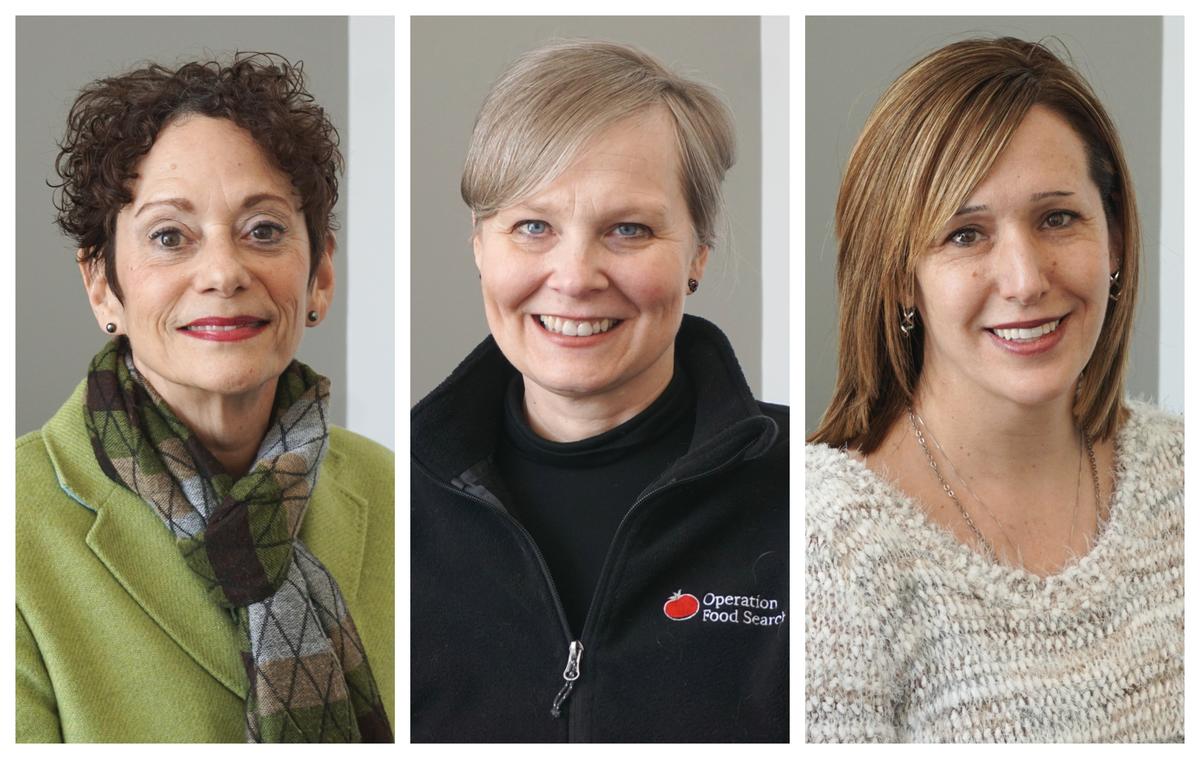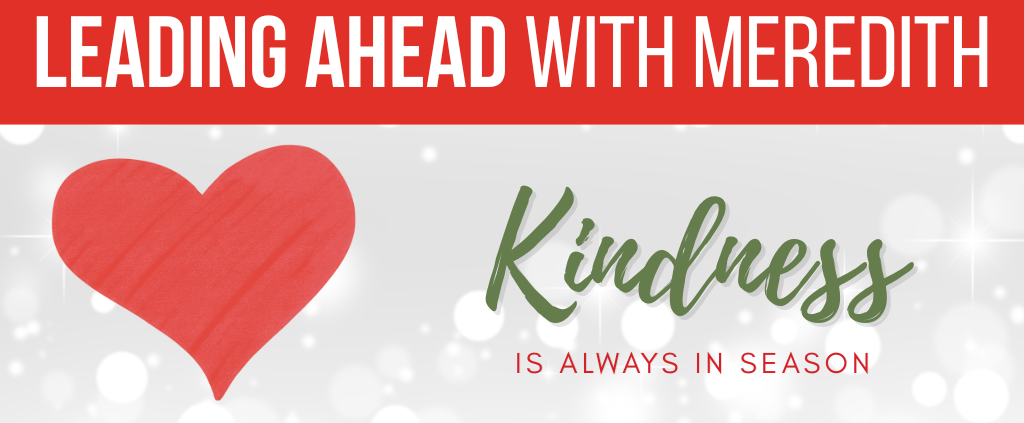Spring is here and that means the days are longer, flowers are blooming, and baseball returns to St. Louis! However, not everyone is able to enjoy these simple pleasures because they’re worried about where their next meal will come from. That is what it feels like to be food insecure.
I recently had the pleasure of being a guest on the KWMU program, St. Louis On the Air with host Don Marsh. One of the first things that Don asked was a question that I’m often asked, “what is food insecurity?” The technical definition provided by the USDA is “the access by all people at all times to enough food for an active, healthy life.” As Don pointed out, “that sounds very governmental-ese.” He’s right. In layman’s terms: people are hungry.

You don’t have to travel overseas to find men, women, children, seniors, and veterans that haven’t eaten in a few days. It exists in rural areas, urban areas and even in places that some people are surprised by, like St. Charles County. St. Charles County actually has the third largest percentage of people facing food insecurity in our service territory. Hunger is in my backyard. I live in St Charles County.
Food insecurity can be caused by many things – an accident, an unexpected illness to a family member, underemployment, or simply having children not in school during holidays, spring breaks or the summertime. Being food insecure can have lifelong consequences. Poor health and nutrition during pregnancy can lead to health issues. Poor nutrition early in life can stunt physical and mental development of children. Chronic health problems can keep kids out of school. A lack of education can limit employment opportunities. Health complications later in life can lead to crippling debt due to continually rising healthcare costs. The cycle of hunger can burden someone for a lifetime and even pass to the next generation.
If you want an idea of how many people in the bi-state region are food insecure and you’re fortunate enough to enjoy one of those signs of Spring in St. Louis, attending a Cardinals game (Go Cards!), take a quick look around Busch Stadium. Imagine that every seat is filled…10 times over! That is the number of people facing food insecurity in the bi-state region. After the game, take a moment to reflect on something we often say at the Foodbank – Hunger Can Affect Anyone, but Anyone Can Affect Hunger. Then, give some thought as to how you can help someone in our community that is experiencing food insecurity. Please visit our website and click on the “Get Involved” tab to find ways that you, your friends and family can partner with us as we look to break the cycle of hunger. Together, we can eliminate the term “food insecurity” from the vernacular and create a stronger, healthier bi-state region where NO ONE goes to bed hungry.

